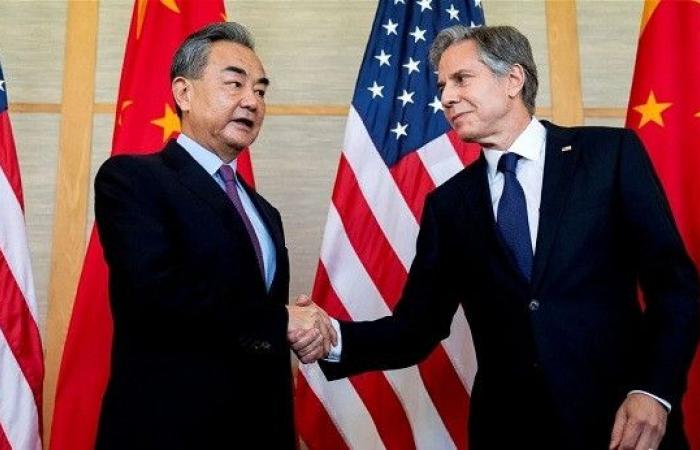ISLAMABAD: The United States, officially invited China’s new Foreign Minister, Wang Yi, to visit Washington as part of their ongoing regular meetings amid intensifying competition between the two countries.
The US State Department confirmed the invitation and expressed the expectation that Wang would accept it, though no specific date for the visit was specified. The same invitation was previously extended to Wang’s predecessor, Qin Gang, who was removed from the position after serving for only seven months.
State Department spokesperson Matthew Miller informed reporters that during a recent meeting, they extended the invitation previously offered to Qin Gang and clarified that the invitation now applies to Minister Wang Yi.

Earlier, US officials had hosted senior Chinese diplomat Yang Tao at the State Department.
In July, Qin Gang, a former ambassador to the US, was suddenly remove. From his post and replaced by Wang Yi. The reason for the personnel change was not disclosed, and Qin had not been seen publicly since late June.
Wang Yi had previously served as Foreign Minister before Qin Gang and had also been the Director of the Chinese Communist Party’s Foreign Affairs Commission Office before his re-appointment, a role he continues to fulfill.
US Secretary of State Antony Blinken had met with Wang Yi before his recent appointment on the sidelines. Of the Association of Southeast Asian Nations (ASEAN) summit in Indonesia last month. This meeting was part of ongoing efforts to maintain open channels of communication. And responsibly manage competition between the two countries.
Tensions between the US and China have been evident in various instances. Including accusations of spying, cyber attacks, and trade disputes. And geopolitical issues. Despite these tensions, both sides claim that they are not seeking confrontation or a new Cold War.
Following the meeting between the Chinese diplomat Yang and US officials in Washington, DC. The US State Department stated that the two sides engage in a candid, substantive, and productive discussion. As part of their ongoing efforts to maintain open lines of communication and responsibly manage the bilateral relationship.


